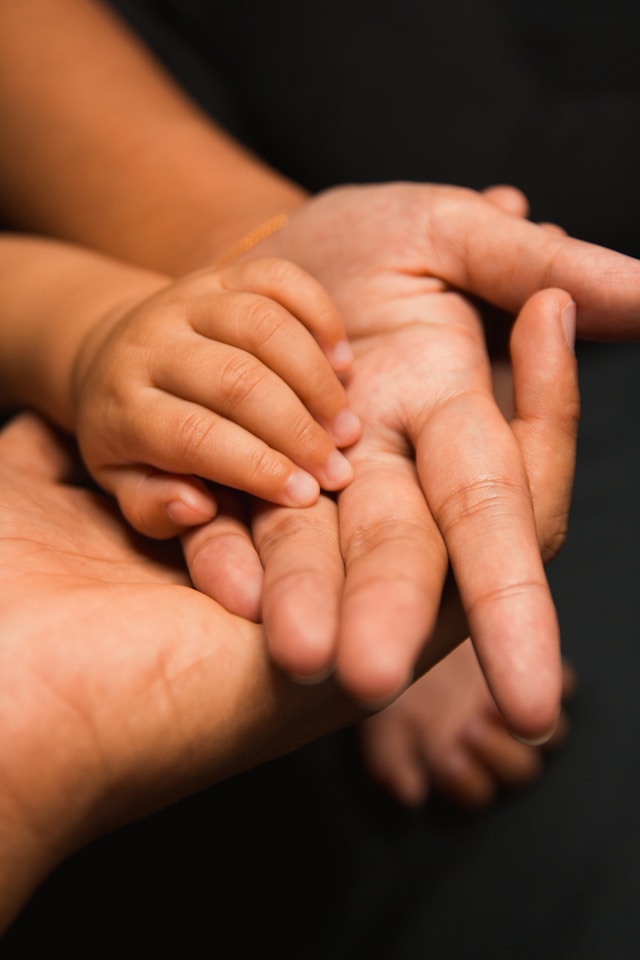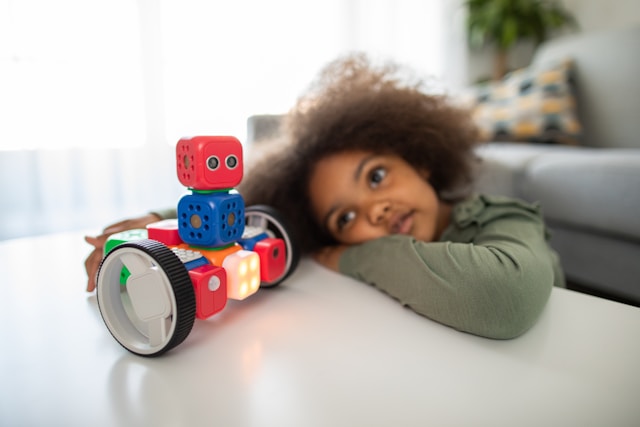Questions and Answers on Noise Cancelling Headphones for Sensory Overload, Studying and Sleeping
We have already pointed out the importance of noise cancelling headphones for sensory overload as well as why you need to keep off noise so as to enhance concentration in your workplace. In this post, I am looking at all the frequently asked questions on the topic of noise cancellation. We want to know whether it is safe to wear them, who should wear them as well as whether you can wear them while asleep. Some people also want to know how active noise cancellation works. So, let’s get to the meat of the topic
Can you sleep with noise cancelling headphones?
Yes, you can sleep with noise cancelling headphones. Most people who do this are trying to lock out noise from rowdy neighbors, a snoring partner or loud party music in the background.
The use of these headphones can help reduce stress. Too much background noise which could be from phones ringing, a snoring party or rowdy kids in the neighborhood has been found to make one stressful and even suffer from heart attacks. With noise cancelling headphones when sleeping, you are assured of quality sleep plus you will be hearing lulling, mellow music that will help you sleep soundly and enjoy the moment in bed.
Is it safe to sleep with noise Cancelling headphones?
Wearing noise cancelling headphones while sleeping is perfectly safe if they are well designed however it could tend to be uncomfortable especially for a side sleeper. Headphones made with plastic featuring rough edges could end up hurting your skin. At the same time, if the headphones have cables attached to a gadget say a smartphone or ipod, you could end up strangling and choking yourself in your sleep as you turn.
Is noise cancelling safe?
Noise cancelling for kids suffering from sensory overload is safe because they will help the kid concentrate despite the background noise. It will help them study in school, concentrate during exams or even participate in a school party without having a sensory overload or a meltdown.
Wearing the headphones while on the streets can however be unsafe if they muffle out all the noise. In that case, an autistic kid wearing such gadgets would not hear a horn hooting them off the road or when they are being called out to move out of danger.
Do toddlers need noise cancelling headphones?
Toddlers, especially those having sensory overload due to problems such as autism and ADHD need noise cancelling headphones when you take them out to rowdy places and they start having meltdowns. The headphones will keep the child calm and collected as they are not having too much noise getting to their ears. Gadgets that use active noise cancellation would also make the child entertained with mellow and cool music.
What are the best noise cancelling headphones for babies?
Out of the gadgets that we have reviewed, we have found the decibel defense to be the best for the following reasons
- Have high noise cancellation rate
- They have soft padding that protects the kids ears from physical harm
- They have soft and nicely padded headbands
- They are cute and your child will enjoy wearing them.
What are the best noise cancelling headphones for studying?
We have found the snug headphones to be a good fit for when you are studying. They will muffle out all the excess noise allowing you to concentrate on what you are studying.
Do ear defenders block out the sound?
Ear defenders do block out the disturbing high decibel sounds and that is why they are worn when you are out shooting or hunting. They help protect your eardrums from such high noises and could also be worn by kids with audio sensory overload problems.
How does noise cancellation work?
Noise cancellation devices work in two ways; there are those that cut out the noise by introducing some counter music. This is called active noise control. The other devices work by completely muffling out all noise without providing any alternative sounds.
Why do some kids wear ear muffs?
Some kids wear ear muffs to cut out some background rowdy noise that might make them uncomfortable. They could also be wearing the earmuffs to listen to some music.
Why do special need kids wear headphones
Special needs kids wear noise cancelling headphones to muffle out disturbing noises that could make them have an audio sensory overload which could cause meltdowns.
Do noise canceling headphones block all sound?
There are some which will block out all sounds. This however is unsafe. On the other hand, some noise reduction headphones will block between 20 to 26 decibels of noise which is the recommended noise reduction rate.
What is the cheapest noise cancelling headphones?
I have found the decibel defense to not only be among the cheapest noise cancelling headphones but also very effective and durable. When buying headphones, other than checking out the lowest price, one also need to look at the efficacy of the devices so that they get a true value for their money.
Where can I get noise cancelling headphones?
You can get noise reduction headphones at your local technology stores or even get them online from Amazon.
Do noise cancelling headphones work better than earplugs?
Headphones work better than earplugs in that they are more comfortable, softly padded and not too intrusive. Kids would prefer headphones because they feel better and it seems like a big hug on their heads. Earplugs would feel uncomfortable and the kid might detest them or even throw a tantrum when you force them to wear plugs.
Do noise cancelling headphones really work?
Yes, noise cancelling headphones do really work. What they do is that they cut out some decibels. Good headphones that are recommended by special needs teachers should cut out between 20 to 26 decibels of disturbing noise. Cutting less than 20 is not ideal as the child would still be disturbed. Muffling more than 26 decibels is too much and could prove unsafe as the child hears no background noises.


